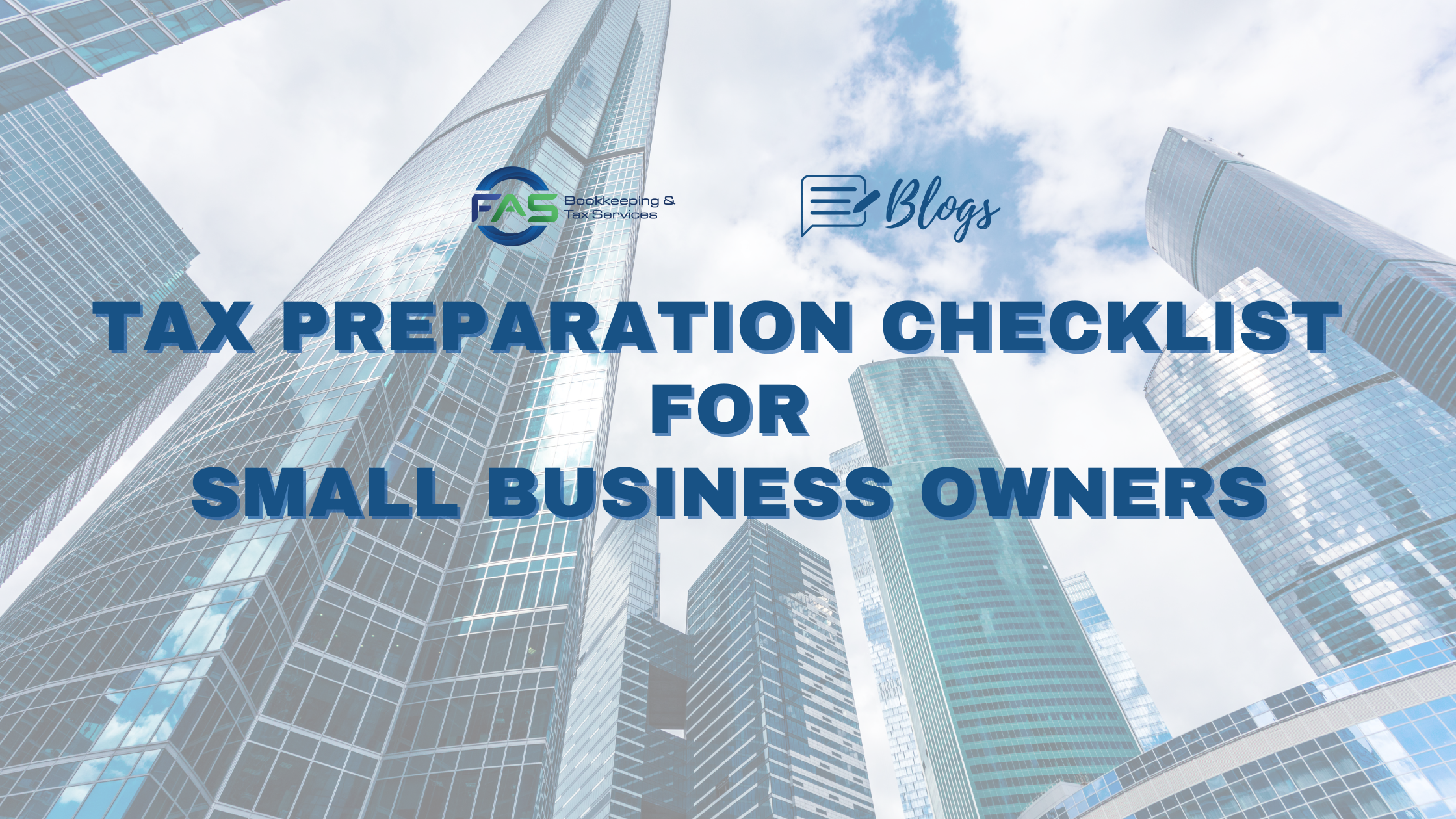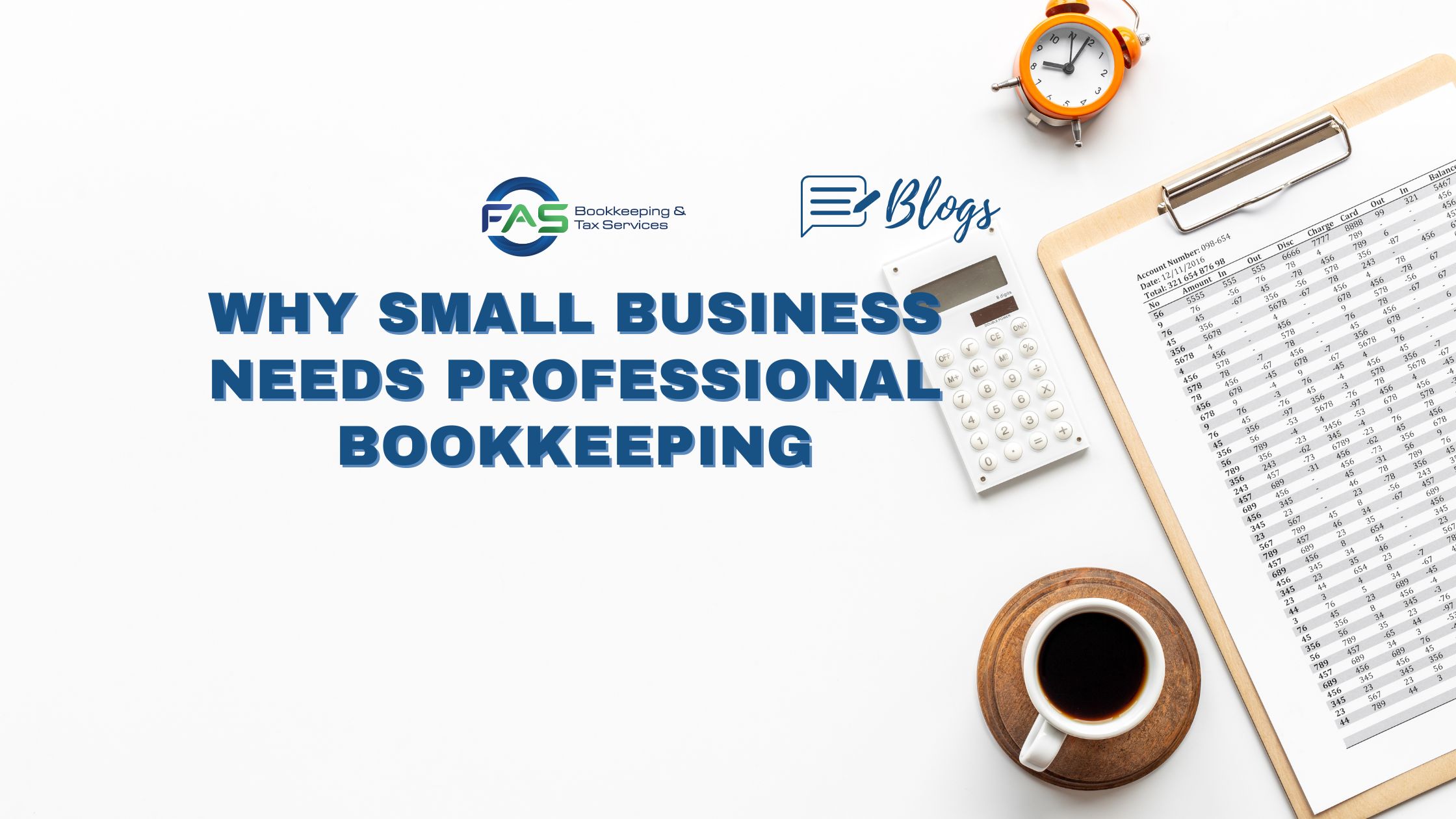In most cases, gains from sales are taxable. But did you know that if you sell your home, you may not have to pay taxes? Here are ten facts to keep in mind if you sell your home this year:
1. Exclusion of Gain. You may be able to exclude part or all of the gain from the sale of your home. This rule may apply if you meet the eligibility test. Parts of the test involve your ownership and use of the home. You must have owned and used it as your main home for at least two out of the five years before the date of sale.
2. Exceptions May Apply. There are exceptions to the ownership, use, and other rules. One exception applies to persons with a disability. Another applies to certain members of the military. That rule includes certain government and Peace Corps workers. For more information about these exceptions, please call the office.
3. Exclusion Limit. The most gain you can exclude from tax is $250,000. This limit is $500,000 for joint returns. The Net Investment Income Tax will not apply to the excluded gain.
4. May Not Need to Report Sale. If the gain is not taxable, you may not need to report the sale to the IRS on your tax return.
5. When You Must Report the Sale. You must report the sale on your tax return if you can’t exclude all or part of the gain. You must report the sale if you choose not to claim the exclusion. That’s also true if you get Form 1099-S, Proceeds from Real Estate Transactions. If you report the sale, you may need to pay the Net Investment Income Tax. Please call the office for assistance on this topic.
6. Exclusion Frequency Limit. Generally, you may exclude the gain from the sale of your main home only once every two years. Some exceptions may apply to this rule.
7. Only a Main Home Qualifies. If you own more than one home, you may only exclude the gain on the sale of your main home. Your main home usually is the home that you live in most of the time.
8. First-time Homebuyer Credit. If you claimed the first-time homebuyer credit when you bought the home, special rules apply to the sale. For more on those rules, please call.
9. Home Sold at a Loss. If you sell your main home at a loss, you can’t deduct the loss on your tax return.
10. Report Your Address Change. After you sell your home and move, update your address with the IRS. To do this, file Form 8822, Change of Address. You can find the address to send it to in the form’s instructions on page two. If you purchase health insurance through the Health Insurance Marketplace, you should also notify the Marketplace when you move out of the area covered by your current Marketplace plan.
Questions? Contact us today so we can help!





